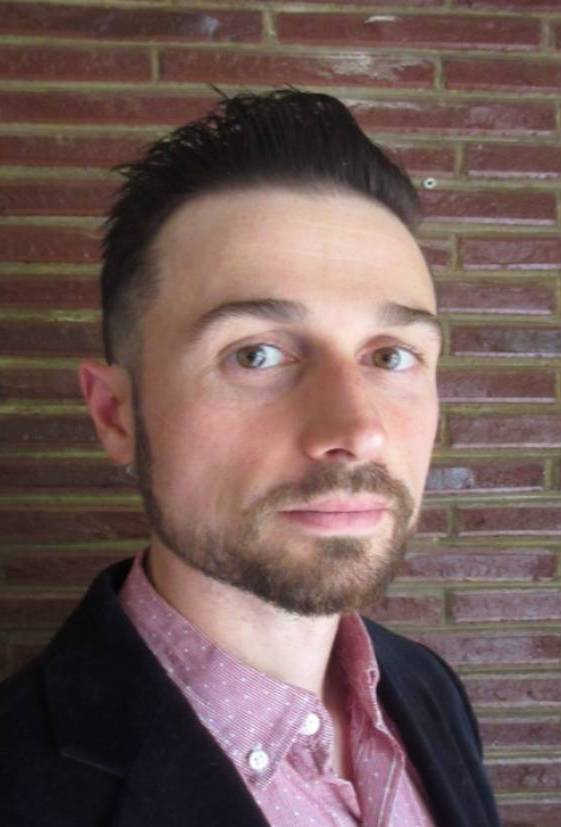Jacob M. Baum
Email: jacob.m.baum@ttu.edu
Ph.D., University of Illinois at Urbana-Champaign
My research focuses on the intersections of ideas, culture, and daily life in later medieval and early modern Europe, with particular focus on the German-speaking world. Thematically, much of my work focuses on the history of the human body. My first book, Reformation of the Senses (2019), traced the history of the religious change in the Holy Roman Empire (the pre-modern political entity that roughly corresponds to modern Germany) from the perspective of the five senses, challenging centuries old mythologies about supposedly essential differences between late medieval and early Protestant forms of Christianity. I have also published several essays relating to this research previously, including the 2013 article “From Incense to Idolatry: The Reformation of Olfaction in Late Medieval German Ritual,” which was awarded the Hans Rosenberg Article Prize by the Central European History Society in 2015.
In 2020, I published with Marlene Eberhart (Vanier College) an interdisciplinary collection of essays in early modern sensory studies, titled Embodiment, Expertise and Ethics in Early Modern Europe: Entangling the Senses(2020). The volume offers a reappraisal of the last generation of scholarship on early modern sensory studies, de-centering more traditional intellectual-historical approaches to the epoch and instead arguing that sensory knowledge must be grasped as products of the multi-faceted, practical problems early modern people confronted in their daily lives.
Most recently, my work in sensory history as led me into the field of disability studies.
I have recently published essays on early modern German disability history in Journal of the History of Ideas and German Quarterly, and I am busy preparing a book manuscript tentatively titled "The Deaf Shoemaker:
Ability, Disability, and Daily Life in the Sixteenth Century." This book project is
a microhistorical study of the life and times of Sebastian Fischer, an adventitiously
deaf shoemaker who lived in the southwestern German town of Ulm in the middle of the
sixteenth century. The book shows how Fischer's experiences of his impairment were
interwoven with some of the most consequential social, cultural, and political developments
of the age, from the dawn of the Protestant Reformation, to the first stirrings of
the Scientific Revolution, to the new worldviews that emerged in the crucible of early
European colonial expansion.
My research has been supported by the National Endowment for the Humanities, the National
Humanities Center (Durham, NC), the Mellon Foundation, the Leibniz Institute for European
History (Germany), the Renaissance Society of America, the Sixteenth Century Society,
the Central European History Society, and the Texas Tech University Humanities Center.
At Texas Tech, I teach undergraduate courses in European history that reflect and build on my research interests, including surveys of late medieval and early modern German and European history, medical history, and disability history.
At the graduate level, I regularly teach courses in research methodology, historiography, and topical seminars in late medieval and early modern history (ca. 1400-1800). I welcome the opportunity to work with students interested in pursuing an MA in topics within this chronological and geographical framework, as well as students who share interests in themes of medical history, history of the human body, disability history, or cultural and intellectual history more broadly construed.

Select Publications
Visit my Google Scholar page for a mostly up-to-date list of my publications.Department of History
-
Address
Texas Tech University, Box 41013, 3001 15th Street, Humanities (formerly English/Philosophy) 165, Lubbock, TX 79409 -
Phone
806.742.3744 | Fax: 806.742.1060 -
Email
info.history@ttu.edu
